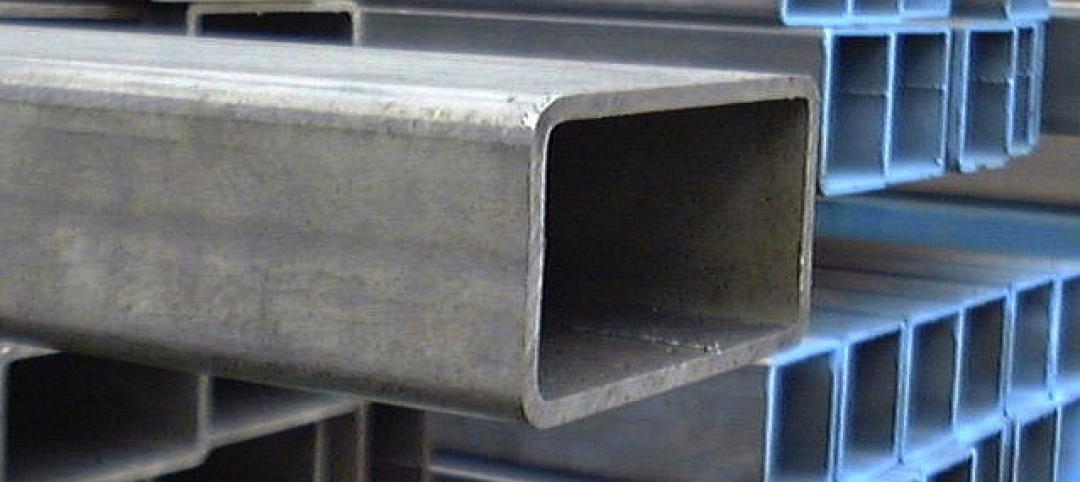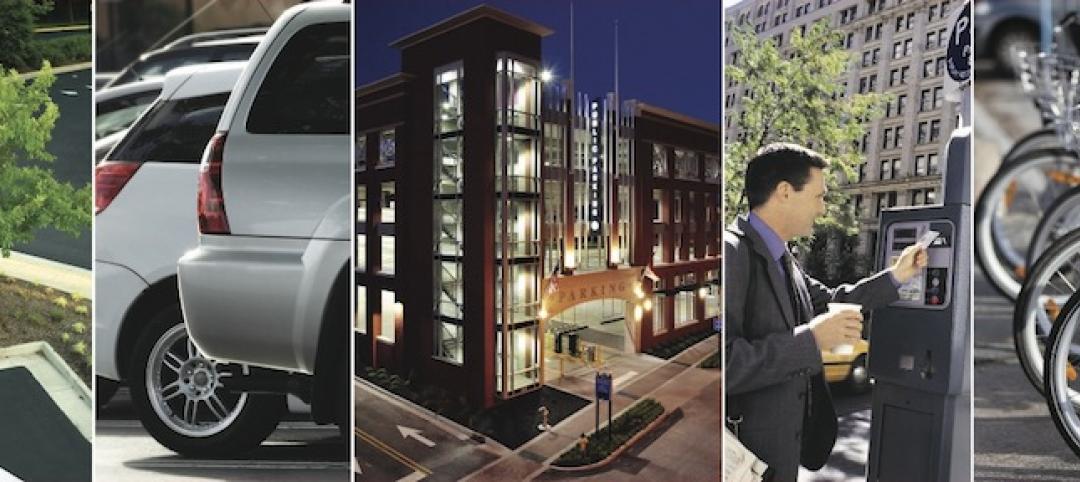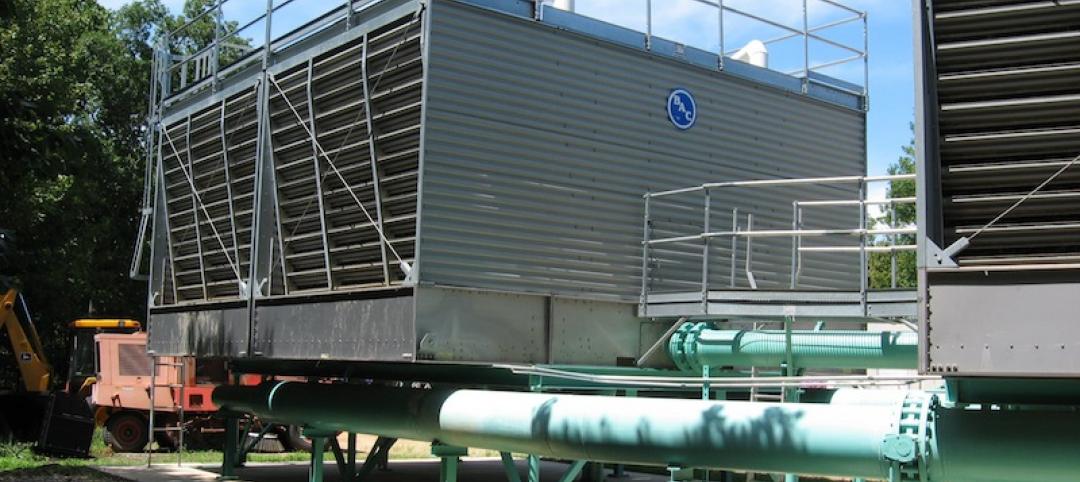Surveying members of the Construction Personnel Executives Group, FMI, reports that 24% of respondents will be unable to bid more work and 32% will experience slow growth if their companies cannot reasonably meet the need for skilled labor and tradespeople. Top executives at the largest contract firms in the U.S. took part in the survey.
“Overall, there’s an increase needed in skilled trade workers of more than 10% throughout the next three to 10 years,” says Ken Wilson, director for FMI, citing highlights from survey partipants. One large construction company says, "Our current hiring forecast shows a need for 8,500 additional craft workers by 2017.”
The top five positions that are expected to be the most difficult to fill are:
- Operator (heavy equipment)
- Welder (boilermaker)
- Carpenter
- Pipefitter
- Ironworker (reinforcing)
There are two significant contributing factors to the high demand for craft labor:
- The shift of the construction workforce to oil and gas related construction. FMI estimates that by 2017 nearly 10% of the total U.S. construction workforce will be part of this burgeoning segment of the industry.
- The number of survey respondents that plan to increase the amount of work the company self-performs. Currently, surveyed firms self-perform less than 40 percent of construction projects. However, 65 percent either have plans to or are considering plans to increase self-performed projects.
- This in-depth look into recruiting and retention of craft labor includes an analysis of the driving factors behind the skilled labor shortage, the most effective recruitment tactics and how companies are filling the demand for field management of the craft labor force. The report also provides practical counsel on how to develop human resource strategies to improve recruiting and retention rates.
To download a copy of the 2015 survey report, “Craft Labor Recruiting and Retention,” click here.
Related Stories
| May 22, 2013
New ASTM standard enhances hollow structural sections
ASTM A1085 is a big step forward in simplifying HSS design and usage, thereby making it a more desirable option for HSS.
| May 22, 2013
Architecture billings take a step back in April, ending growth streak
For the first time in 10 months, the AIA's Architecture Billings Index slipped into negative territory, falling to 48.6 in April, down from 51.9 the previous month. This is the ABI's lowest mark since July 2012.
| May 21, 2013
Foster + Partners reveals plans for London residential towers
British firm Foster + Partners has unveiled plans for two residential skyscrapers as part of a mixed-use development in north London.
| May 21, 2013
7 tile trends for 2013: Touch-sensitive glazes, metallic tones among top styles
Tile of Spain consultant and ceramic tile expert Ryan Fasan presented his "What's Trending in Tile" roundup at the Coverings 2013 show in Atlanta earlier this month. Here's an overview of Fasan's emerging tile trends for 2013.
| May 20, 2013
4 emerging trends in parking structure design
Survey of parking professionals reveals how technology is transforming the parking industry.
| May 20, 2013
Jones Lang LaSalle: All U.S. real estate sectors to post gains in 2013—even retail
With healthier job growth numbers and construction volumes at near-historic lows, real estate experts at Jones Lang LaSalle see a rosy year for U.S. commercial construction.
| May 17, 2013
First look: HKS' multipurpose stadium for Minnesota Vikings
The Minnesota Sports Facilities Authority (MSFA), the Minnesota Vikings and HKS Sports & Entertainment Group have unveiled the design of the State’s new multi? purpose stadium in Minneapolis, a major milestone in getting the $975 million stadium built on time and on budget.
| May 17, 2013
5 things AEC pros need to know about low-e glass
Low-emissivity glasses are critical to making today’s buildings brighter, more energy-efficient, and more sustainable. Here are five tips to help AEC professionals understand the differences among low-e glasses and their impact on building performance.
| May 17, 2013
LEED v4 has provision to reduce water use in cooling towers
The next version of the U.S. Green Building Council's LEED rating system will expand water-savings targets to appliances, cooling towers, commercial kitchen equipment, and other areas.
| May 16, 2013
Chicago unveils $1.1 billion plan for DePaul arena, Navy Pier upgrades
Hoping to send a loud message that Chicago is serious about luring tourism and entertainment spending, Mayor Rahm Emanuel has released details of two initiatives that have been developing for more than a year and that it says will mean $1.1 billion in investment in the McCormick Place and Navy Pier areas.

















